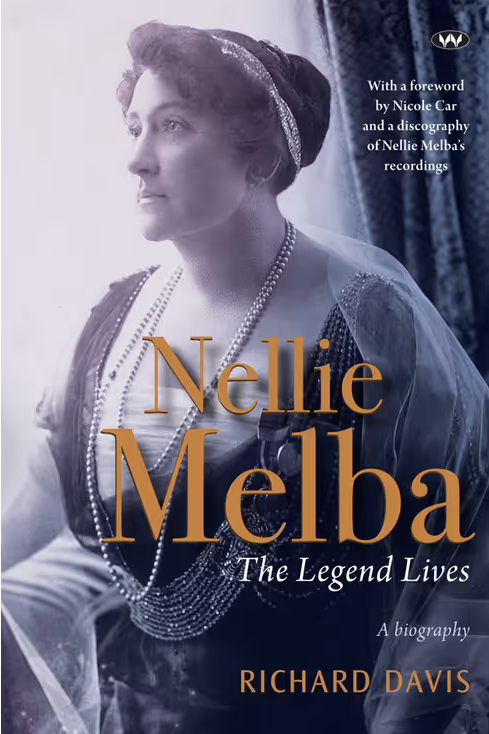Coetzee’s Freedom
In the 1980s, when it seemed that the situation in South Africa would never improve, debate raged about the responsibility of South African novelists to act as witnesses to, and opponents of, apartheid. Some believed that white writers, especially, should use their privileged position in the fight. Nadine Gordimer was prominent among those who felt it was essential to be, in J.M. Coetzee’s words, a ‘stripper-away of convenient illusions and unmasker of colonial bad faith’1 in the realist convention, rather than a spinner of postmodern metafictions.
Continue reading for only $10 per month. Subscribe and gain full access to Australian Book Review. Already a subscriber? Sign in. If you need assistance, feel free to contact us.













Leave a comment
If you are an ABR subscriber, you will need to sign in to post a comment.
If you have forgotten your sign in details, or if you receive an error message when trying to submit your comment, please email your comment (and the name of the article to which it relates) to ABR Comments. We will review your comment and, subject to approval, we will post it under your name.
Please note that all comments must be approved by ABR and comply with our Terms & Conditions.